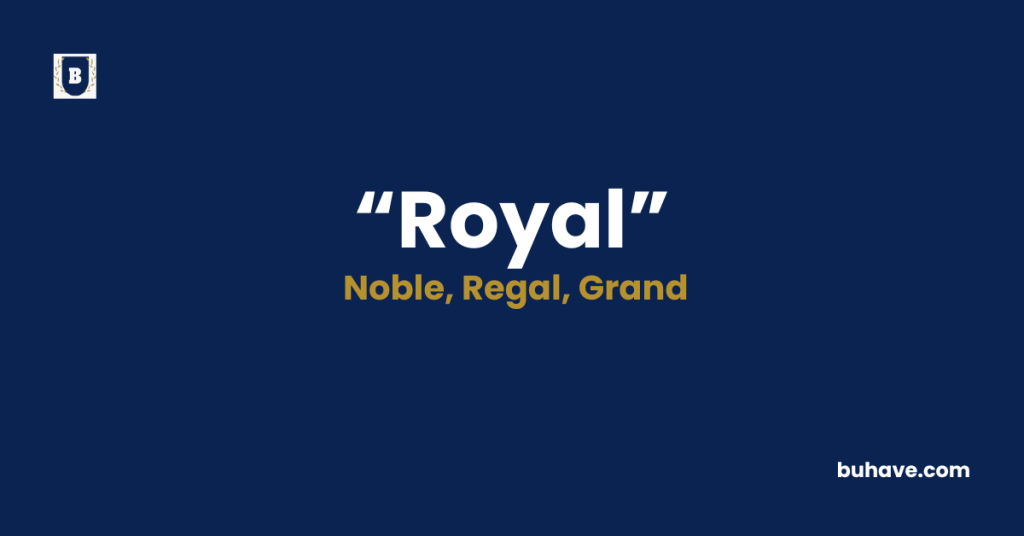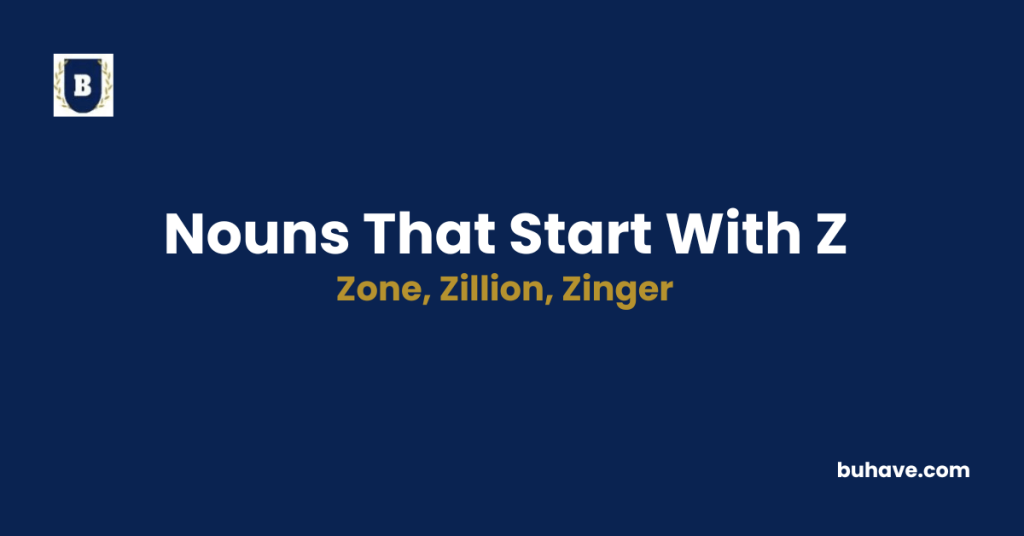The word ‘Royal’ (Noun) is often used to describe something or someone connected with a monarch or the monarchy, such as a king, queen, or their family. However, its use goes beyond just titles and crowns. In this guide, you’ll explore the full meaning, deep etymology, real-life examples, synonyms, antonyms, and FAQs that explain how “royal” is used both literally and figuratively in the English language.
Royal Explained in Depth
A complete and detailed guide to the words Royal including meaning, definition, examples, etymology, synonyms, and antonyms.
Meanings of Royal
Royal typically refers to anything that is associated with kings, queens, or a royal family. That includes royal palaces, royal duties, or royal traditions. But the meaning of “royal” can also extend into symbolic or metaphorical uses. When you call something “royal,” you might be suggesting it has an air of elegance, grandeur, or exceptional quality.
For instance, someone could receive a royal welcome, meaning they were greeted with great honor and generosity. A meal described as a royal feast” implies it was luxurious or abundant, worthy of nobility. Likewise, a person might be called “royal” in demeanor if they carry themselves with grace, dignity, or power. So, while its root lies in the concept of monarchy, “royal” has evolved to describe anything majestic, extraordinary, or fitting of high honor. It’s about status, prestige, and a touch of the extraordinary.
Definition
Royal something that is related to or connected with a king, queen, or the monarchy. However, in everyday language, it goes a bit deeper.
When we describe something as royal, we often mean that it’s not only tied to royalty, but also has a sense of grandeur, dignity, or elegance. For example, someone might wear a royal blue dress not because they’re royalty, but because the color feels rich and majestic. Likewise, a person can have a royal presence, meaning they carry themselves with grace and confidence, much like a queen or king would.
Etymology
The word “royal” comes from the Old French word roial, which itself derived from Latin regalis, meaning “kingly” or “pertaining to a king.”
The Latin root rex (meaning “king”) gave rise to many regal words across different languages. “Regalis” entered Old French as roial and was adopted into Middle English as “royal.” Over time, its meaning expanded from strictly monarchy-related to include anything grand, majestic, or of exceptional quality.
By the 14th and 15th centuries, “royal” was used in English to not only describe things related to kings and queens but also things of great importance, formality, or excellence—setting a high standard. The idea of royalty became associated with refinement, elegance, and authority, influencing idioms like “royal treatment” and “royal command.”
Example Sentences
- The palace hosted a royal banquet to celebrate the national holiday.
- She handled the situation with royal grace and confidence.
- His behavior was far from royal, despite his wealth and title.
- That cake was a royal treat—so rich and beautifully decorated!
Royal Synonyms
- Regal
- Majestic
- Noble
- Imperial
- Sovereign
- Kingly
- Queenly
- August
- Exalted
- Grand
Royal Antonyms
- Common
- Ordinary
- Lowly
- Humble
- Plebeian
- Inferior
- Modest
- Undistinguished
- Peasant-like
- Unrefined
FAQs about Royal
Here are some frequently asked questions (FAQs) about the word “Royal”
1. What does “royal” mean in modern English?
In modern usage, “royal” refers to things associated with monarchs but also describes something grand, luxurious, or excellent—like a “royal mess” or “royal treatment.”
2. Can “royal” be used metaphorically?
Yes. You can use “royal” metaphorically to describe something impressive or extravagant. For example, “They served a royal feast” means it was large and lavish, not literally for royalty.
3. Is “royal” always a positive word?
Usually, yes. It conveys high status, grandeur, or honor. However, it can be used sarcastically in phrases like “a royal pain,” where “royal” intensifies a negative noun.
4. What’s the difference between “royal” and “regal”?
Both mean “like a king or queen,” but “regal” tends to describe appearance or manner more formally (e.g., “a regal presence”), while “royal” is broader and includes official or metaphorical uses.
5. How do we use “royal” in daily conversation?
You might say someone got the “royal treatment” to imply they were treated with special care, or describe a huge mess as a “royal disaster.” It adds flair to everyday language.

















